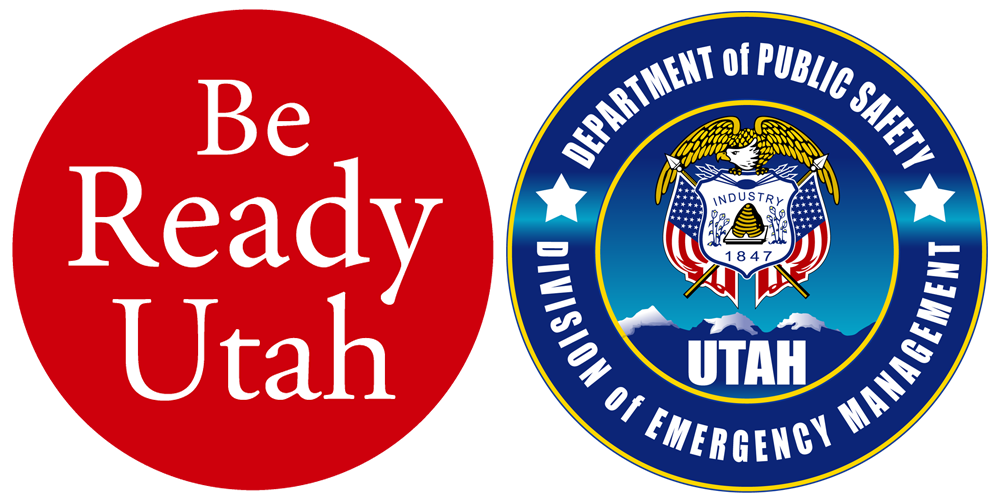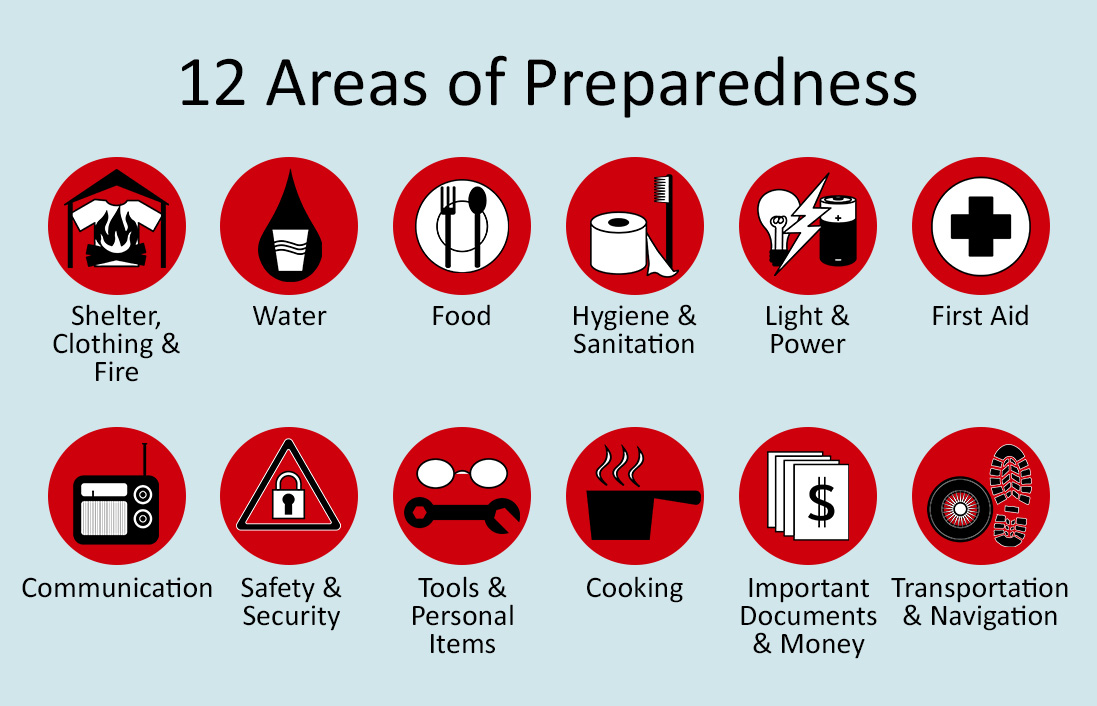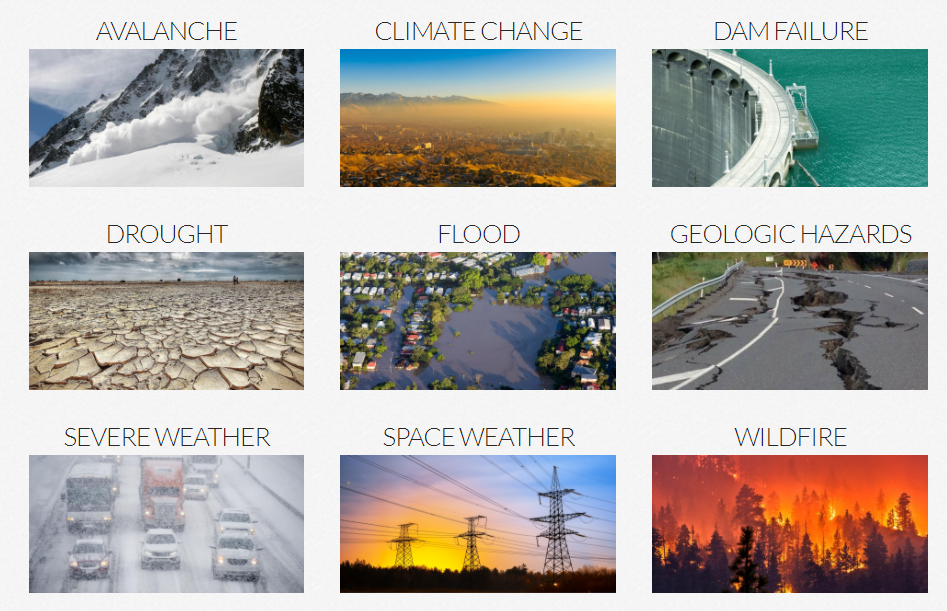Be Informed: Family
The Point
Knowledge is power. When it comes to emergency preparedness and disasters, families will be better off if they've done their homework. Some things to learn are the hazards in the area and the protective actions for those hazards, how people will be notified in a disaster, and what other resources may be available in a disaster response.
Learn more about emergency preparedness by watching the Be Ready Utah training videos on YouTube.
Do This
- Identify the predominant hazards where you live.
- Learn, practice and teach the protective actions to survive those hazards.
- Identify and register for, or opt in to, the warning systems used in your area.
- Sign up for information by texting UtahQuake to 43362.
- Bookmark this website, dem.utah.gov, shakeout.org/utah, and earthquakes.utah.gov.
- Watch the Be Ready Utah PrepCasts.
Videos
Downloads
Be Informed
Knowledge is power, especially when it comes to emergency survival. Take the time before emergencies occur to learn about the risks you face, the protective actions that will save you from those hazards, and how you will receive emergency information in times of disaster. The lives of you and your family may depend on it.
Because of its varying climate and terrain, Utah can experience a variety of disasters. Wildfires can strike during the hot, dry summer months and severe storms during the winter season can blanket parts of the state, causing power outages and increased avalanche danger. Despite these risks, there are steps each citizen can take to ensure they are prepared for a variety of disasters. This section will provide you with information about how to protect yourself from a variety of disasters, including flooding, tornadoes, wildfires, drought, debris flows, landslides, earthquakes and terrorist attacks. It’s important to be informed about Utah’s hazards so you can be ready for the unexpected.
Utah Hazards
See the interactive hazard maps on the Utah Hazards page to discover what natural hazards are near you. Beyond natural hazards, consider what you would need to do if any failures happened to the technology you are connected to. (ex. power outage, waterline break, sewer line break or back-up, gas line rupture, etc.) Here is a quick list of hazards Utah can experience:
- Avalanche
- Debris Flows
- Earthquakes
- Extreme Heat
- Flood
- Hazardous Materials
- Natural Gas
- Nuclear Blast
- Pandemic Influenza: Utah Prepares
- Power Outages and Electrical Safety
- Protecting Against Germs
- Protecting Your Home from Wildfire
- Severe Weather
- Tornado
Check out Utah's disaster history.
Protective Actions
If you don't know how to survive the disaster, then the rest of your plans don't really matter. Here is a simple list of protective actions, depending on the disaster. Visit the Utah Hazards page to learn more about the protective actions for each hazard.
- Evacuation
- Shelter-In-Place
- Listen to Emergency Alert Systems
- Earthquake: Drop, Cover, and Hold On
- Flooding: Turn Around, Dont Drown
- Lightning: When Thunder Roars, Go Indoors
- Pandemic: Social Isolation
- Structure Fires: Get Low & Go
- Clothing Fire: Stop, Drop, & Roll
- Active Shooter: Run, Hide, Fight
Know Your Local Warning Systems
Identify and register for, or opt in to, the warning systems used in your area. Call your local Emergency Manager to find out more about your local warning systems. Here are some examples:
- Sirens
- Emergency Alert System
- Cell Phone: Wireless Emergency Alert (WEA)
- Highway Message Boards
- Tone Alert Radios
- Route Alerting
- Telephone Trees
- Social Media
These will vary from jurisdiction to jurisdiction. But they main point is to know how you will receive emergency instructions and other emergency public information. Where are the shelters? Where can I get food and water? Can I stop boiling water? Etc.
Sign up for earthquake tips and alerts by texting UtahQuake to 43362.
Practice
Practicing your plans and practicing using your tools helps you be informed. Hold fire drills, evacuation drills, earthquake drills. Make a disaster supply kit dinner.
Take it one piece at a time, and remember, it's never too late to prepare... untill it is.
Cybersecurity
Cybersecurity


